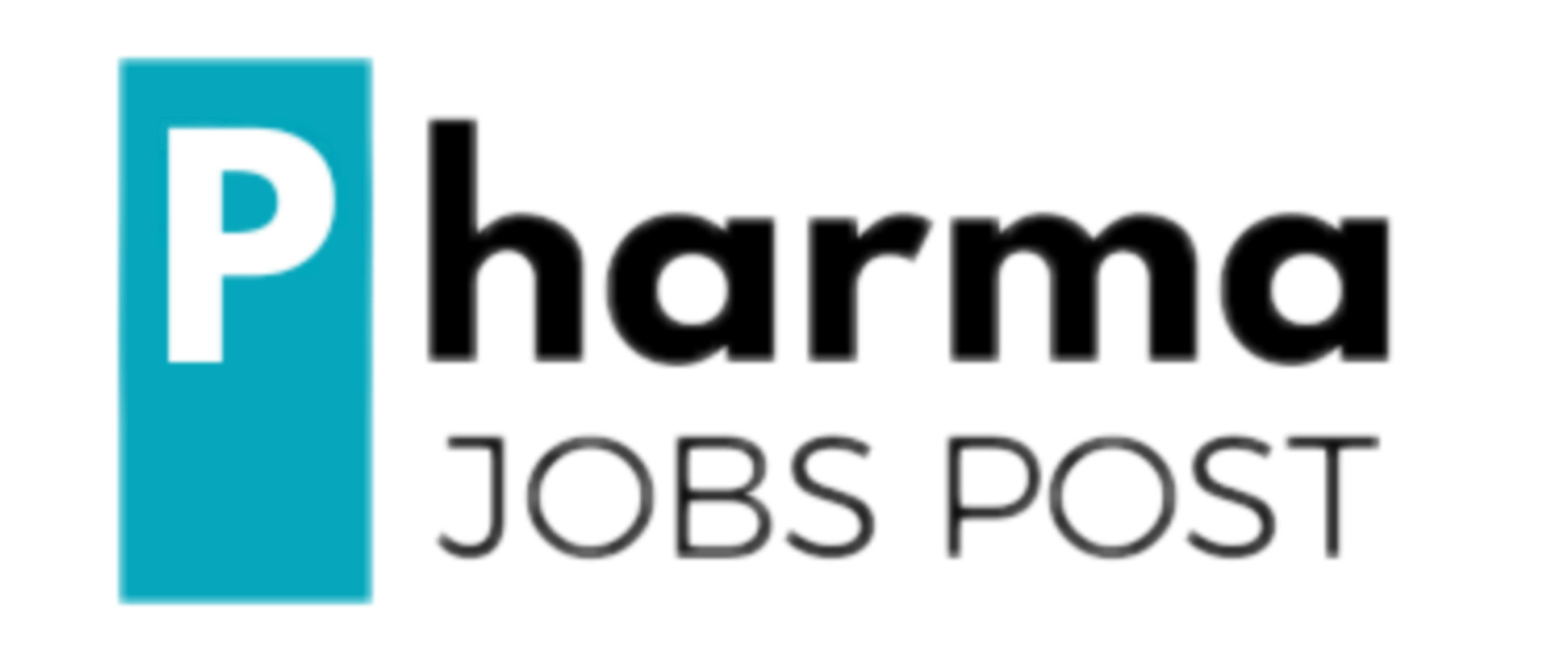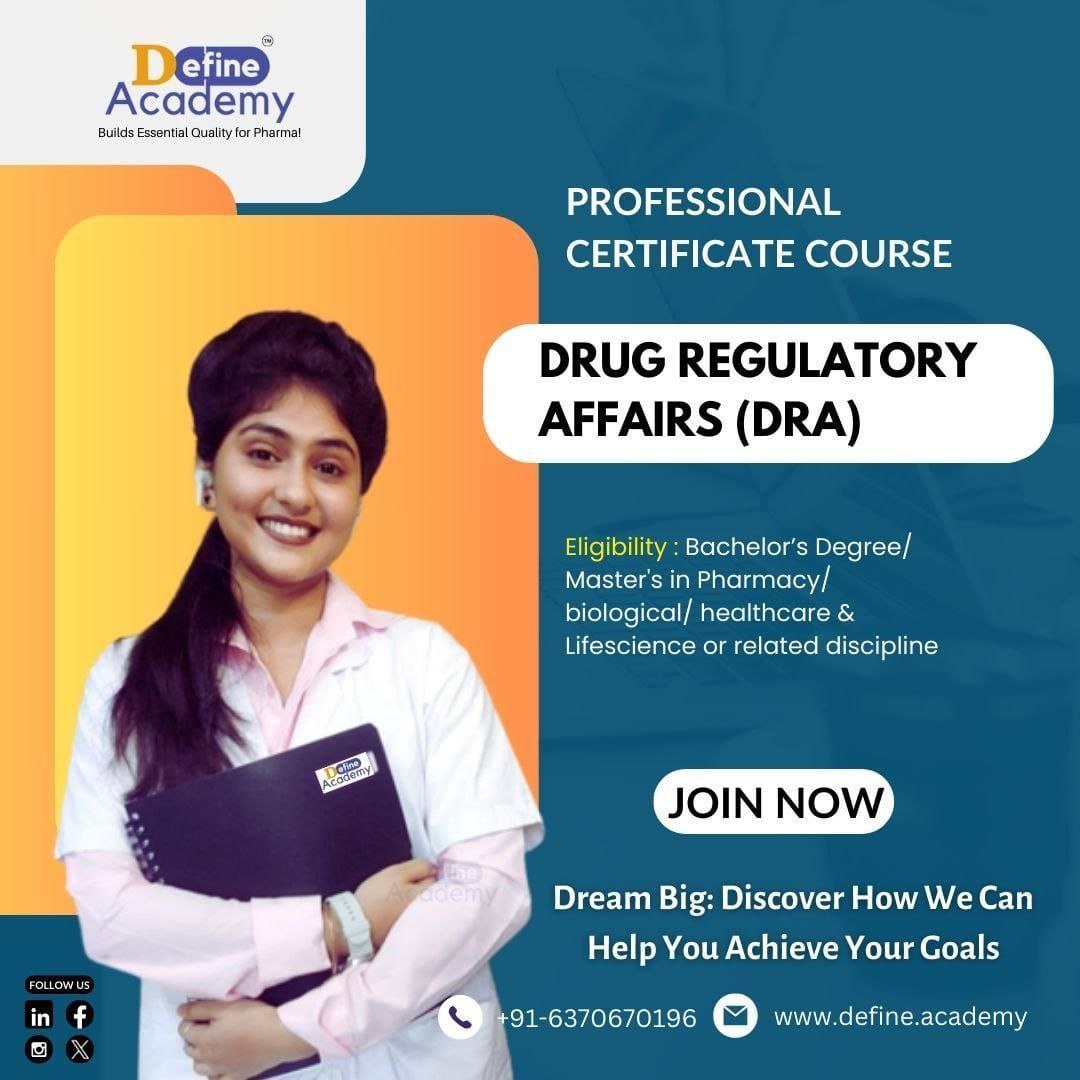How to prepare for a Pharmacovigilance Interview
Here are some steps to help you prepare for pharmacovigilance interview effectively:
[1] Understand Pharmacovigilance:
▸Familiarize yourself with the fundamental concepts of pharmacovigilance, including adverse drug reactions (ADRs), Signal detection, Risk assessment, and Risk management.
▸Learn about the different phases of clinical trials and post-marketing surveillance.
[2] Know Regulatory Guidelines:
▸Be well-versed in the relevant regulatory guidelines for pharmacovigilance, such as those provided by the FDA, EMA, and other health authorities.
▸Understand the requirements for reporting adverse events and safety data.
[3] Study Pharmacovigilance Databases and Tools:
▸Learn about commonly used pharmacovigilance databases and tools for adverse event reporting and signal detection, such as VigiBase, FAERS, EudraVigilance, etc.
[4] Review Common Terminology:
▸Refresh your knowledge of common pharmacovigilance terms and acronyms to ensure you can communicate effectively during the interview.
[5[ Be Prepared for Behavioral Questions:
▸Expect behavioral questions that assess your problem-solving abilities, teamwork skills, and how you handle ethical dilemmas in pharmacovigilance.
[6] Practice Case Studies:
▸Be ready to tackle case studies that simulate real-world pharmacovigilance scenarios. This will test your analytical skills and decision-making abilities.
[7] Stay Updated:
▸Be aware of recent developments and trends in pharmacovigilance. Read industry news, publications, and attend conferences if possible.
[8] Ask Questions:
▸Prepare thoughtful questions to ask the interviewer about the company’s pharmacovigilance processes, team dynamics, and any other relevant topics.
[9] Revise Your CV:
▸Ensure your CV highlights relevant pharmacovigilance experience and skills. Be ready to discuss any details mentioned in your CV during the interview.
[10] Interview Etiquette:
▸Dress appropriately and arrive on time for the interview.
Demonstrate good communication skills and be articulate in your responses.
◉ Remember that pharmacovigilance is a critical aspect of drug safety, so interviewers will be looking for candidates with a strong understanding of regulations, attention to detail, and the ability to work in a highly regulated environment.
◉ Good luck with your interview preparation!




